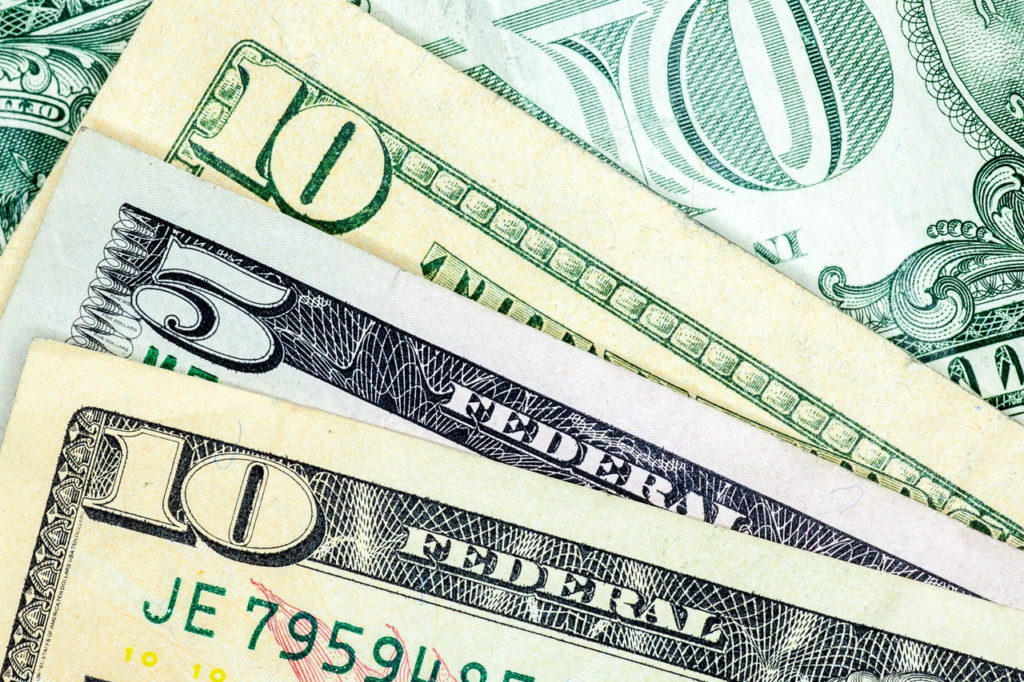
Like it or not, pretty much everyone will experience a financial rainy day sooner or later. Whether you lose your job or have to deal with the financial challenges that come after getting involved in a car accident, not being adequately prepared for such setbacks can cause significant problems. Though you can search for no credit check loans to gain temporary relief, in the long run, working to build up an emergency savings fund is the best thing to do. You don’t have to save this money all at once, either. Here’s how you can get it done.
Table of Contents
1. Put Aside Part of Your Paycheck
One of the easiest ways to start building your emergency savings is to make it a top priority when you receive your paycheck. Before using your paycheck for other expenses, you should transfer some of the money to a special savings account. Many accounts even allow you to set up automatic transfers so you don’t forget.
You don’t have to put aside a significant portion of your paycheck. Analyze how much of each paycheck you can afford to set aside for later, and make that your emergency fund contribution. Even something as small as $50 per pay period will add up over time.
2. Find Ways to Make Extra Money
Does your 9-to-5 job not provide enough to build up your savings account? It never hurts to look into alternative ways of making money. These days, many individuals participate in freelancing or start a side hustle in their spare time in an effort to earn a little more cash. If you don’t have the time for a second job, you could sell old, unwanted items instead. Every little bit helps!
3. Cut Unnecessary Expenses
It never hurts to look over your current expenses and find ways where you can cut back. Perhaps you eat out too often, or you’re spending more than you should on video games or other hobbies. By examining your monthly spending habits, you’ll be able to re-evaluate your budget and determine where you should make changes.
The additional money you keep by changing these habits can then be used to build up your emergency fund and other savings accounts. Try to find accounts that offer generous interest rates.
Start Saving!
Putting aside money in an emergency savings fund requires a fair amount of sacrifice. But ultimately, the benefits are well worth it. Over time, you’ll be amazed at how much you’re able to put aside. Taking action to gradually increase your savings will create a more stable financial future.